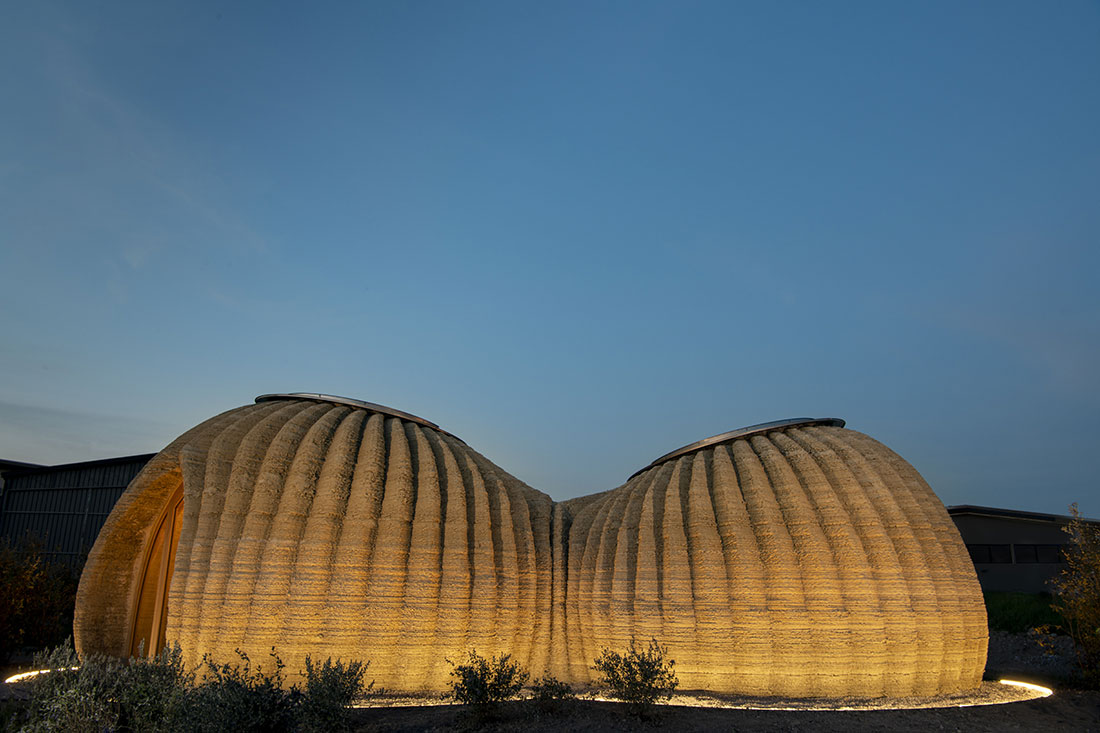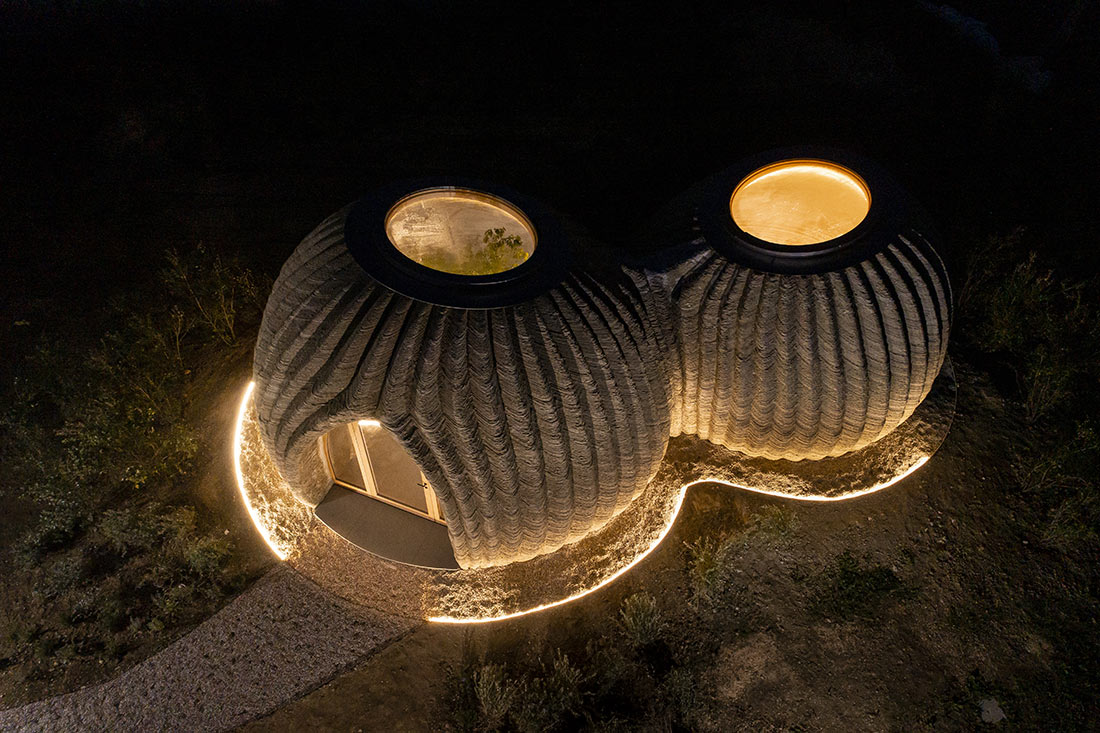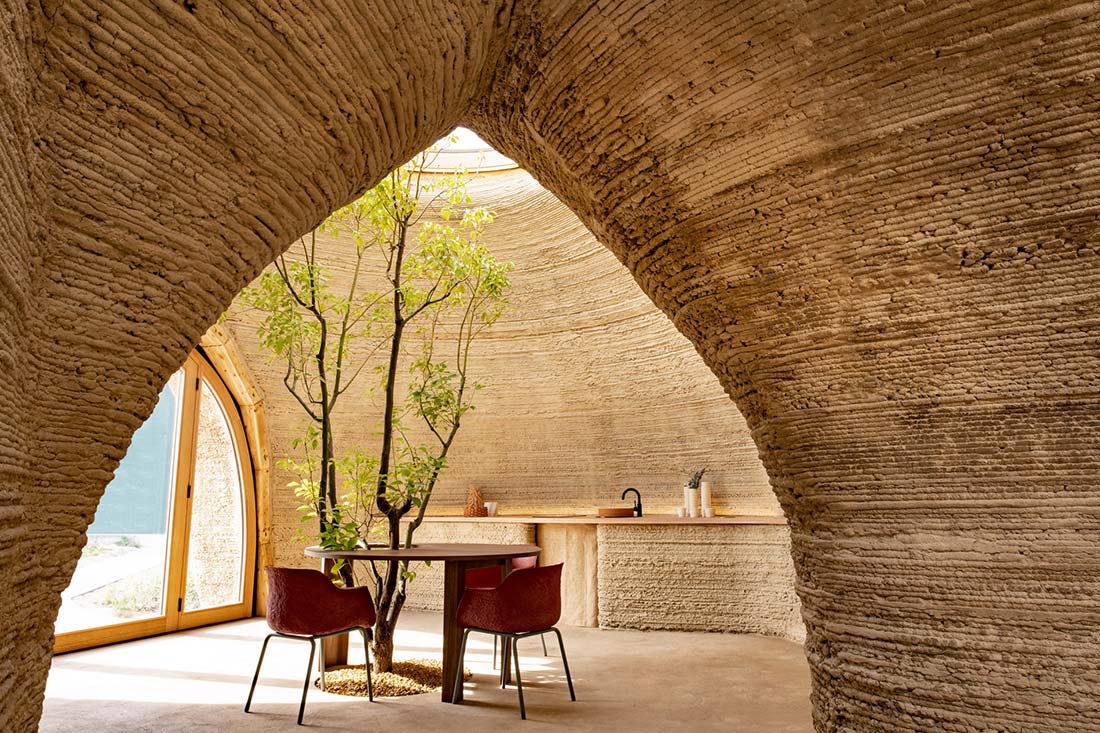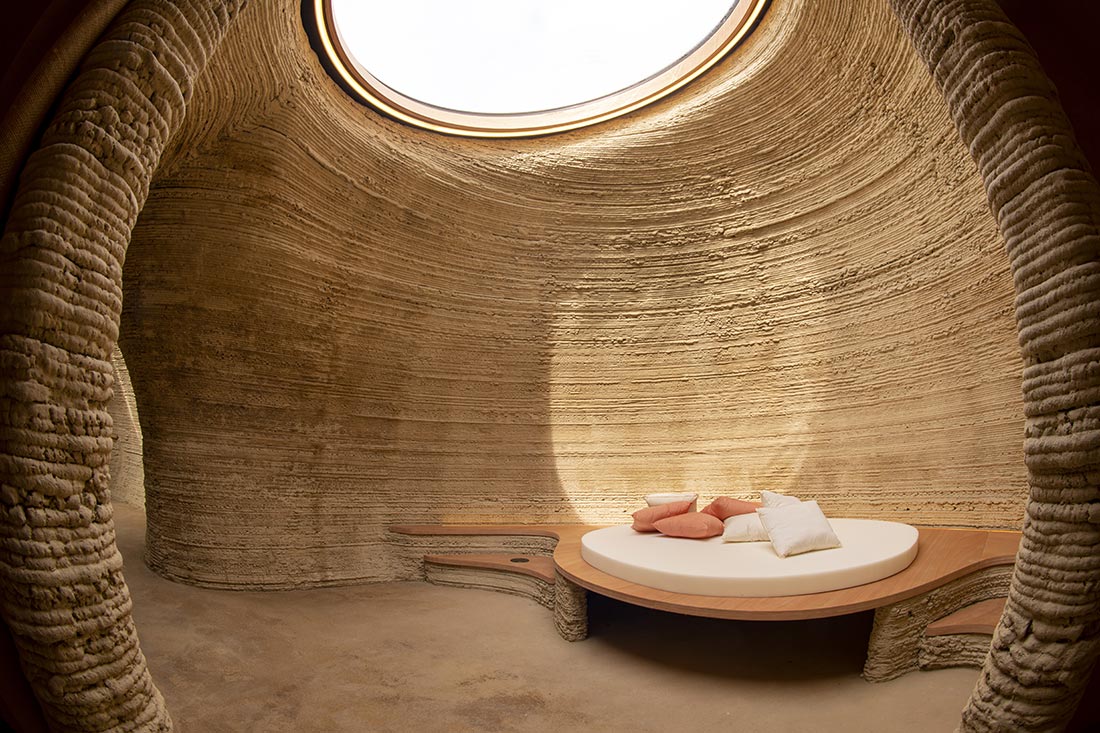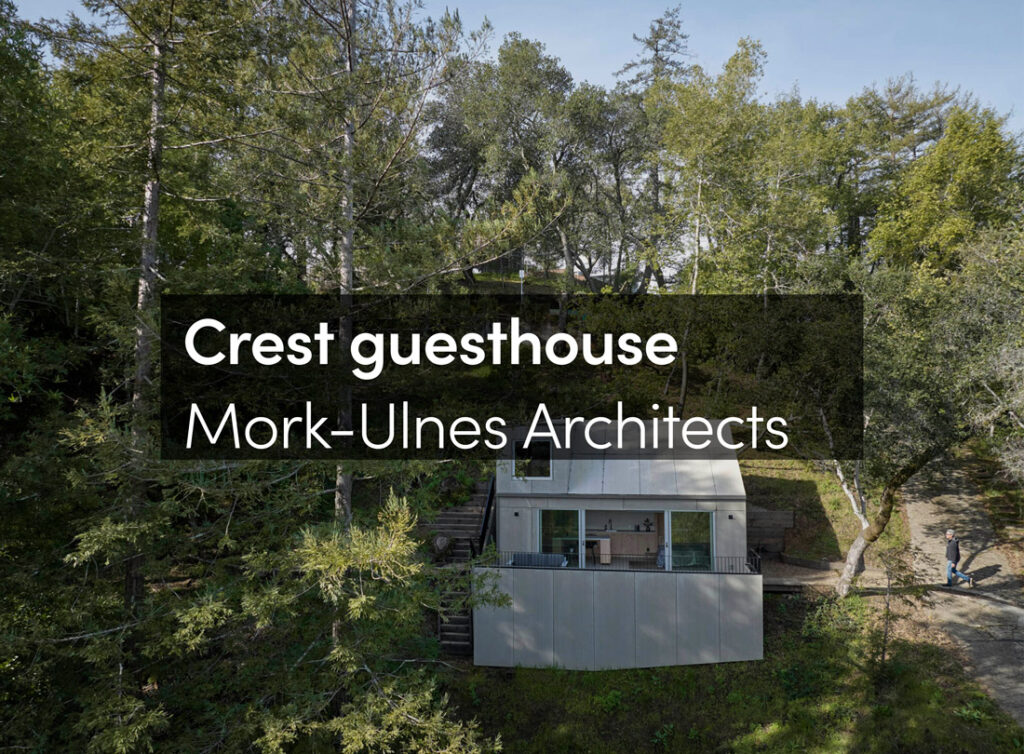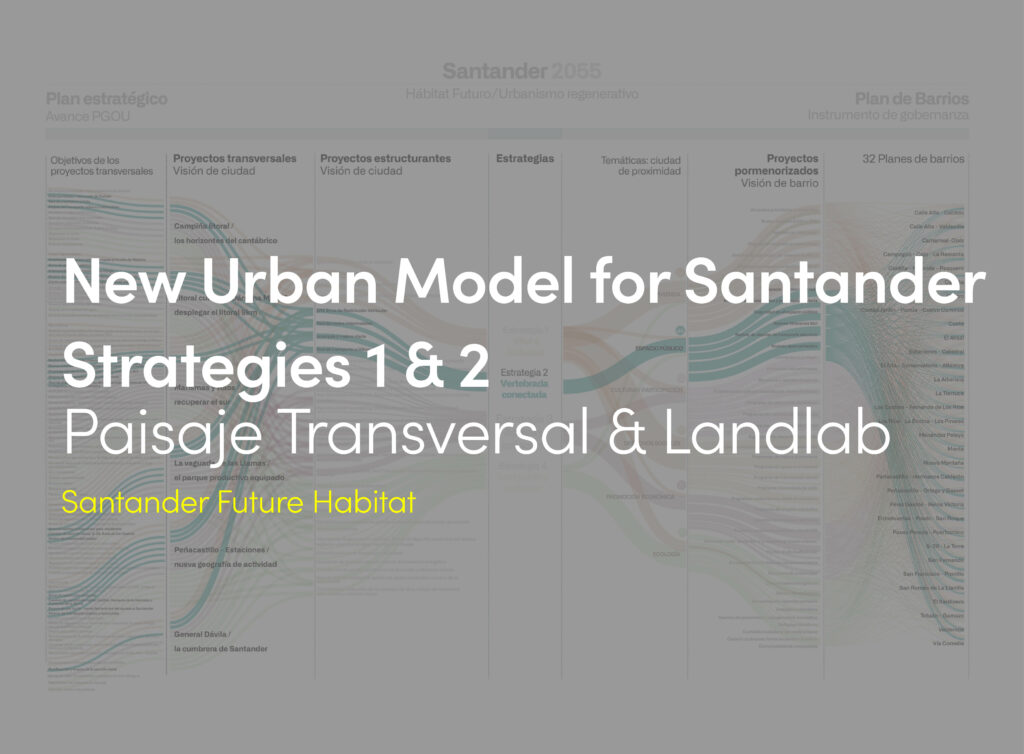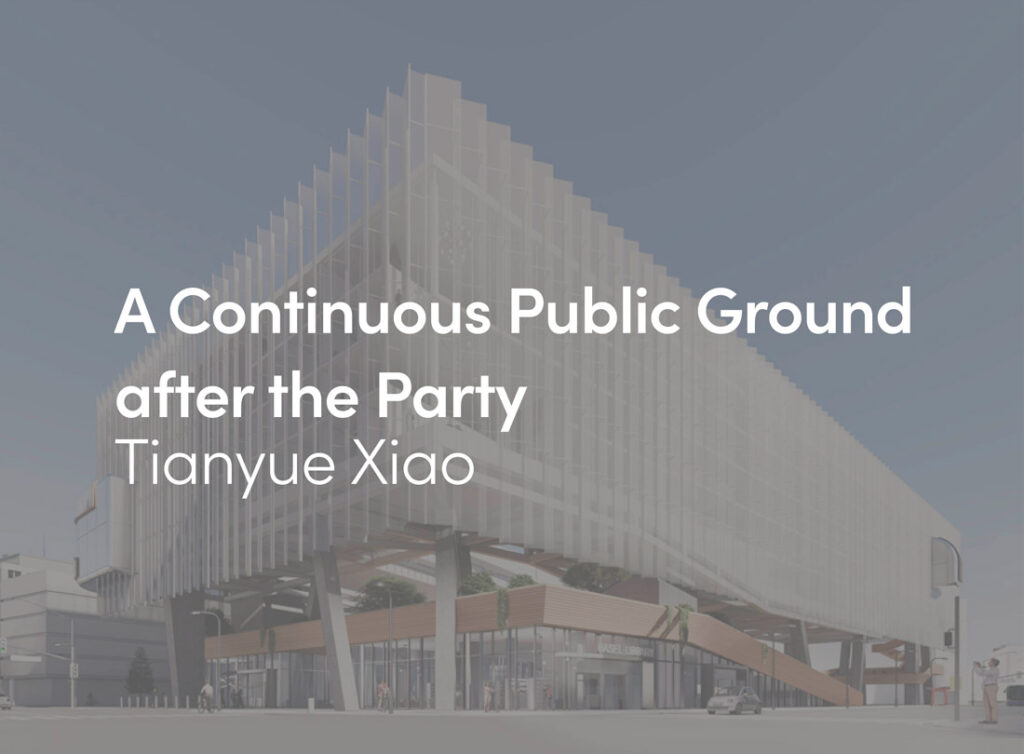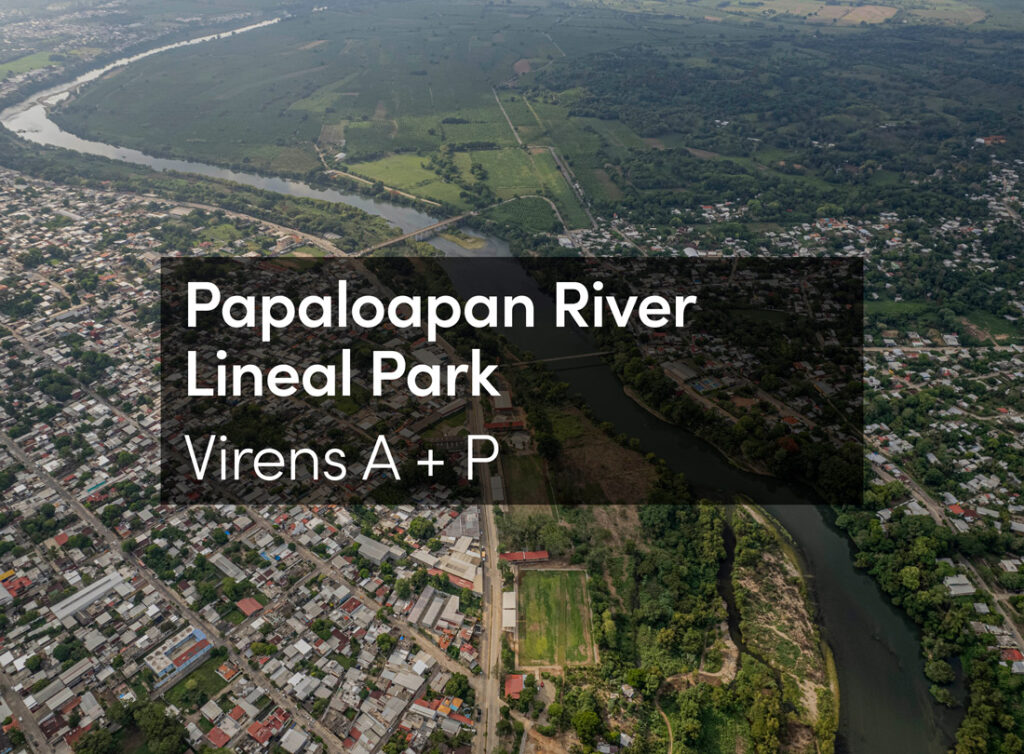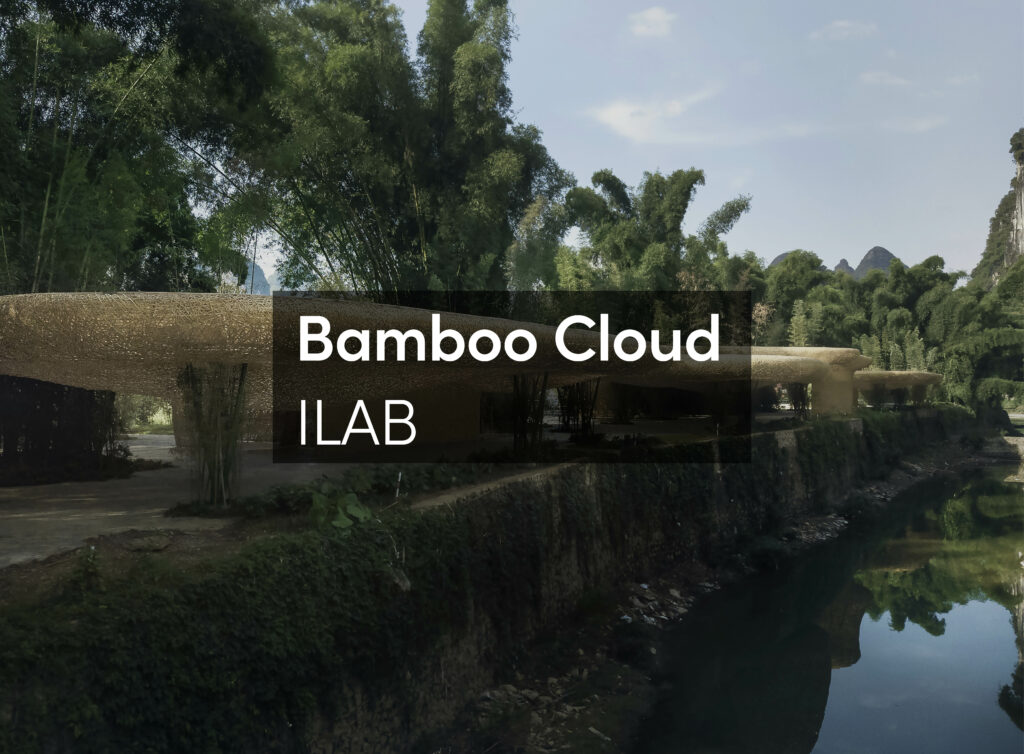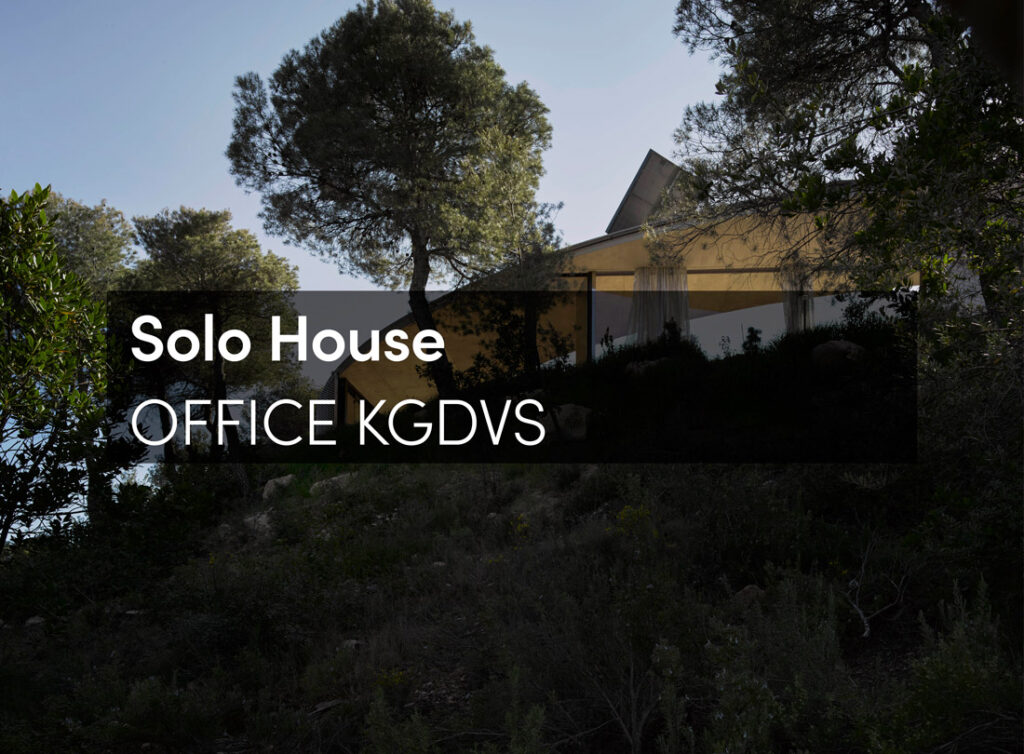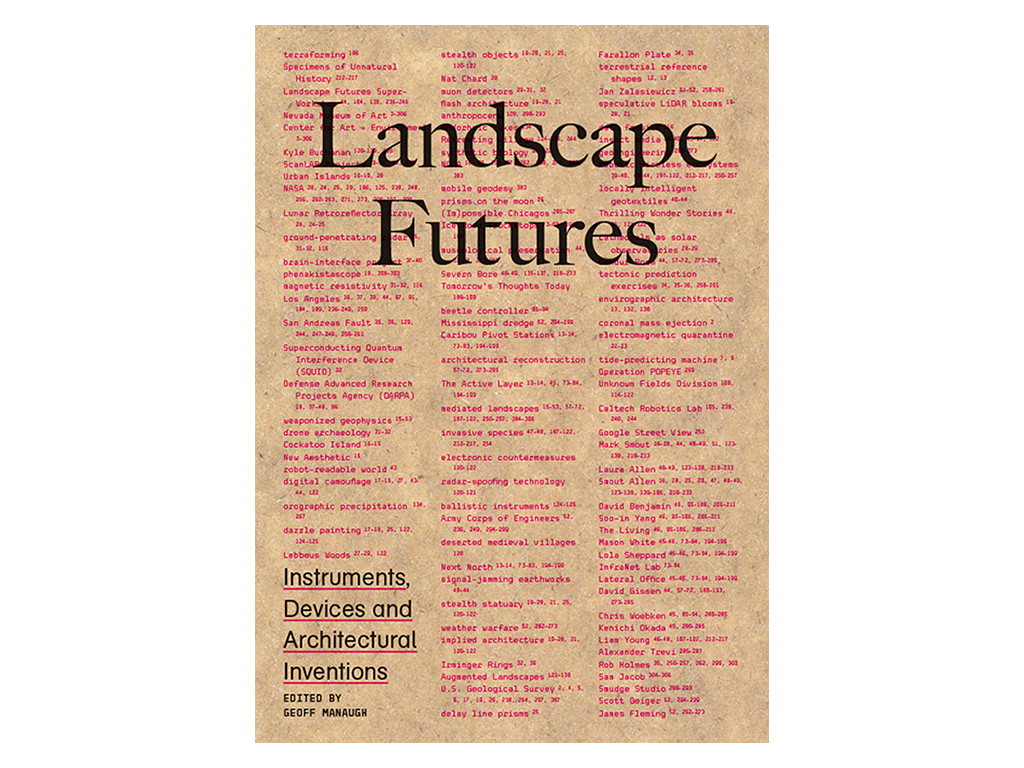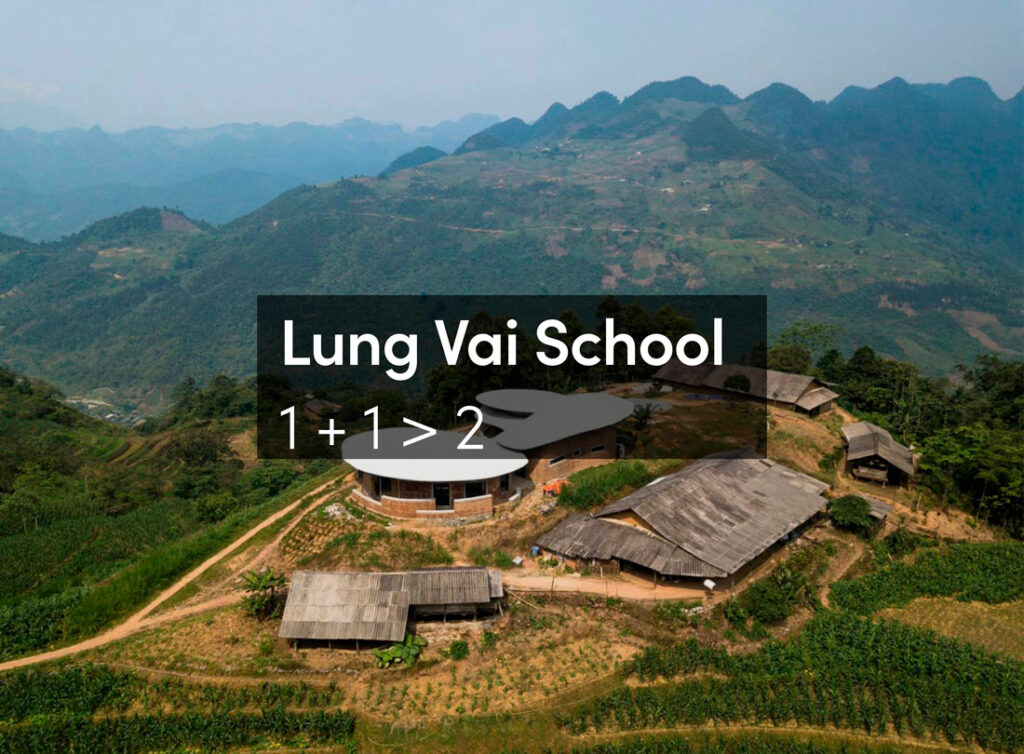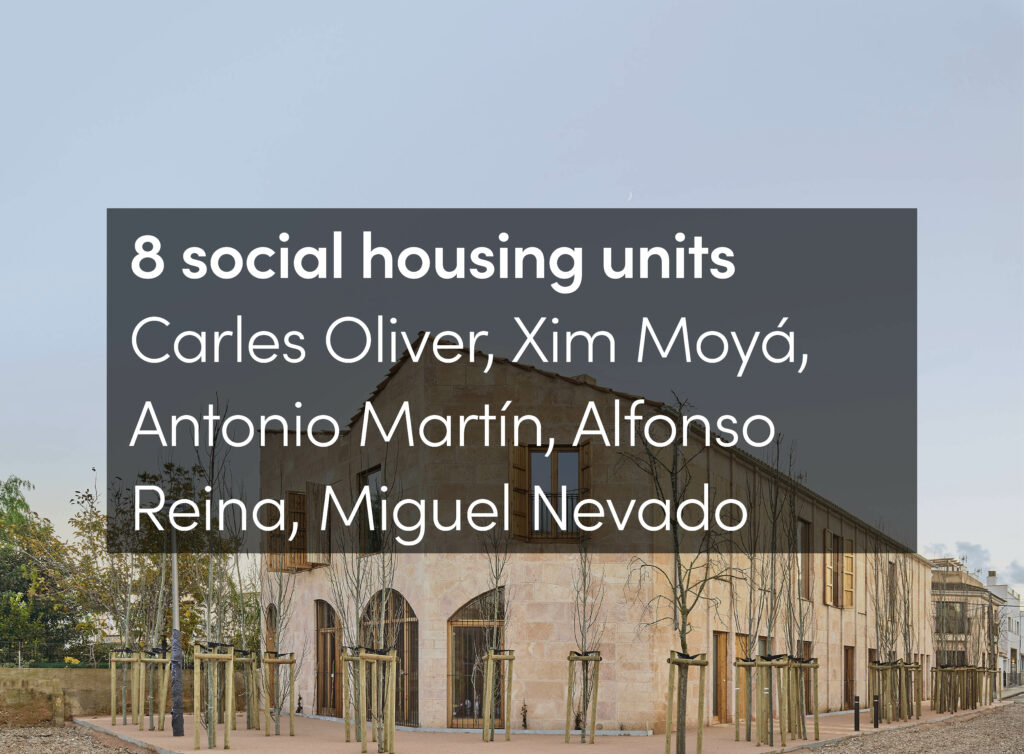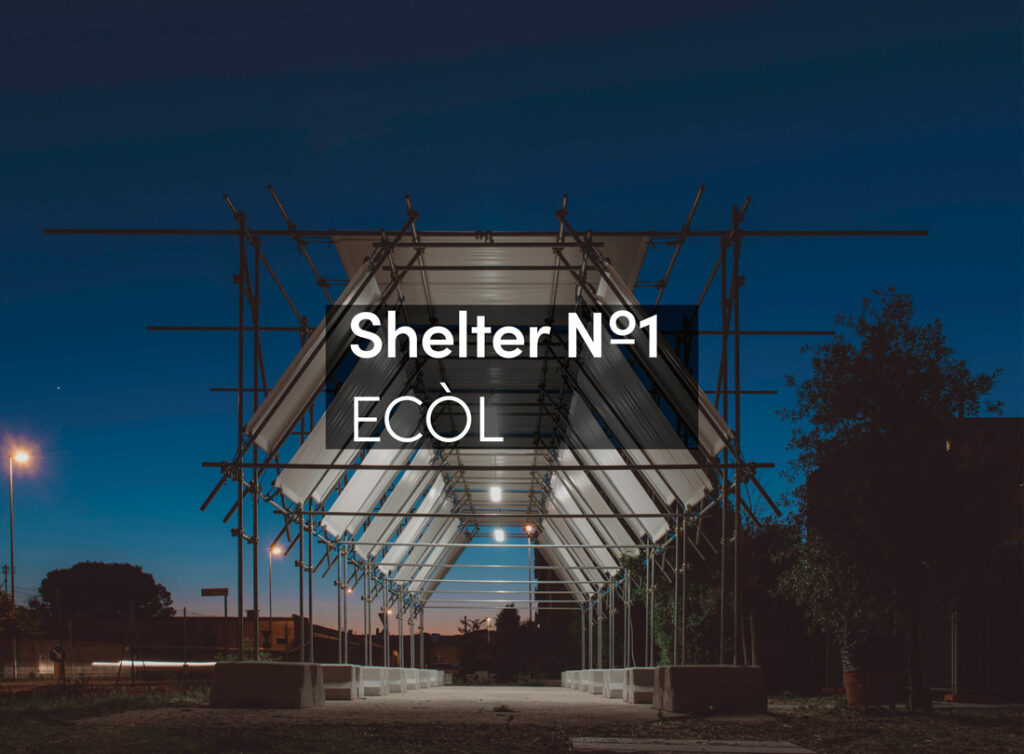MCA – Mario Cucinella Architects and WASP – World’s Advanced Saving Project have completed TECLA – Technology and Clay, the first eco-sustainable housing model 3D printed entirely from local raw earth. This genuinely innovative and pioneering approach was conceived from the start as a joint project between the two firms, who worked closely throughout the project’s design and construction.
Metaphorically inspired by one of Italo Calvino’s ‘invisible cities’, the city under continuous construction, the name TECLA evokes the strong link between past and future by combining the matter and spirit of timeless ancient homes with the world of 21st-century technological production.
Born from a research project by Mario Cucinella (founder and creative director of Mario Cucinella Architects) and through the vision of Massimo Moretti (founder of WASP), TECLA responds to the increasingly serious climate emergency, to the need for sustainable homes at Km0, and to the larger global issue of the housing emergency that will need to be addressed – particularly in the context of urgent crises resulting, for example, from large migrations or natural disasters.
“We like to think that TECLA is the beginning of a new story. It would be truly extraordinary to shape the future by transforming this ancient material with the technologies we have available today. The aesthetics of this house are the result of a technical and material effort; it was not an aesthetic approach only. It is an honest form, a sincere form.”
Mario Cucinella, founder and creative director of Mario Cucinella Architects
“TECLA shows that a beautiful, healthy, and sustainable home can be built by a machine, giving the essential information to the local raw material. TECLA is the finger that points to the Moon. The Moon is the home, as a birthright, for everybody on the planet. From TECLA on, that is becoming possible.”
Massimo Moretti, WASP founder
Located in Massa Lombarda (Ravenna, Italy), TECLA has become a reality thanks to the eco-sustainability research of the SOS – School of Sustainability (training center founded by Mario Cucinella), the pioneering research projects led by Mario Cucinella Architects, and the collaborative 3D printing technology of WASP.
TECLA is an innovative circular housing model that brings together research on vernacular construction practices, the study of bioclimatic principles and the use of natural and local materials. It is a nearly zero-emission project: its casing and the use of an entirely local material allows for the reduction of waste and scraps. This and the use of raw earth make TECLA a pioneering example of low-carbon housing.
For this project, Mario Cucinella Architects not only explored housing solutions in formal aesthetic terms, it also studied the building’s shape in relation to its climate and latitude. In addition, the composition of the earth mixture responds to local climatic conditions and the filling of the envelope is parametrically optimized to balance thermal mass, insulation, and ventilation according to the climate needs.
TECLA is a composition of two continuous elements that, through a sinuous and uninterrupted sine curve, culminate in two circular skylights that convey the ‘zenith light’. The atypical shape, from the geometry to the external ridges, has enabled the structural balance of the construction – both during the 3D printing phase of the envelope and once the covering is completed – giving life to an organic and visually coherent design. With an area of about 60 square meters, it comprises a living area with a kitchen and a night zone which includes services. The furnishings, partly printed in local earth and integrated into the raw-earth structure and partly designed to be recycled or reused, reflect the philosophy of a circular house model.
The technological research of WASP, specialized in Km0 3D printing from raw earth, has led to an innovative 3D printing technology called Crane WASP, the first in the world to be modular and multilevel, designed to build construction projects collaboratively. TECLA uses two synchronized printer arms simultaneously, thanks to software capable of optimizing movements, avoiding collisions, and ensuring streamlined operation. Each printer unit has a printing area of 50 square meters, which makes it possible to build independent housing modules in just a few days.
In brief: TECLA can be delivered with 200 hours of printing, 7,000 machine codes (G-code), 350 12-mm layers, 150 km of extrusion, 60 cubic meters of natural materials for an average consumption of less than 6 kW. The housing model is entirely Made in Italy: in addition to Mario Cucinella Architects and WASP, all the participants are Italian-only companies.
